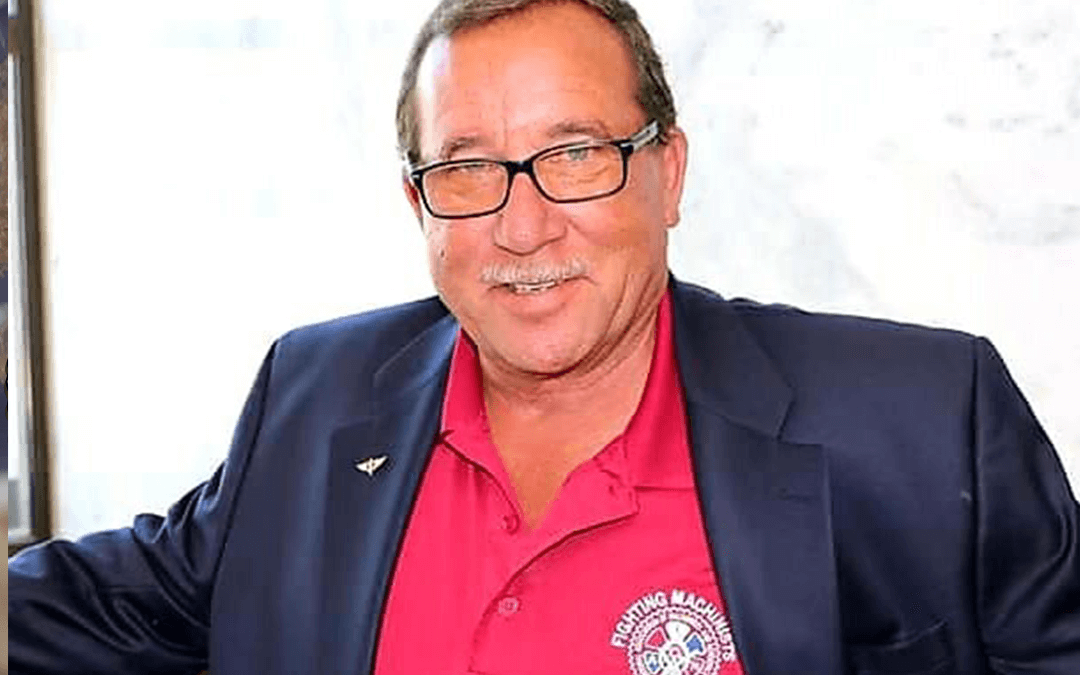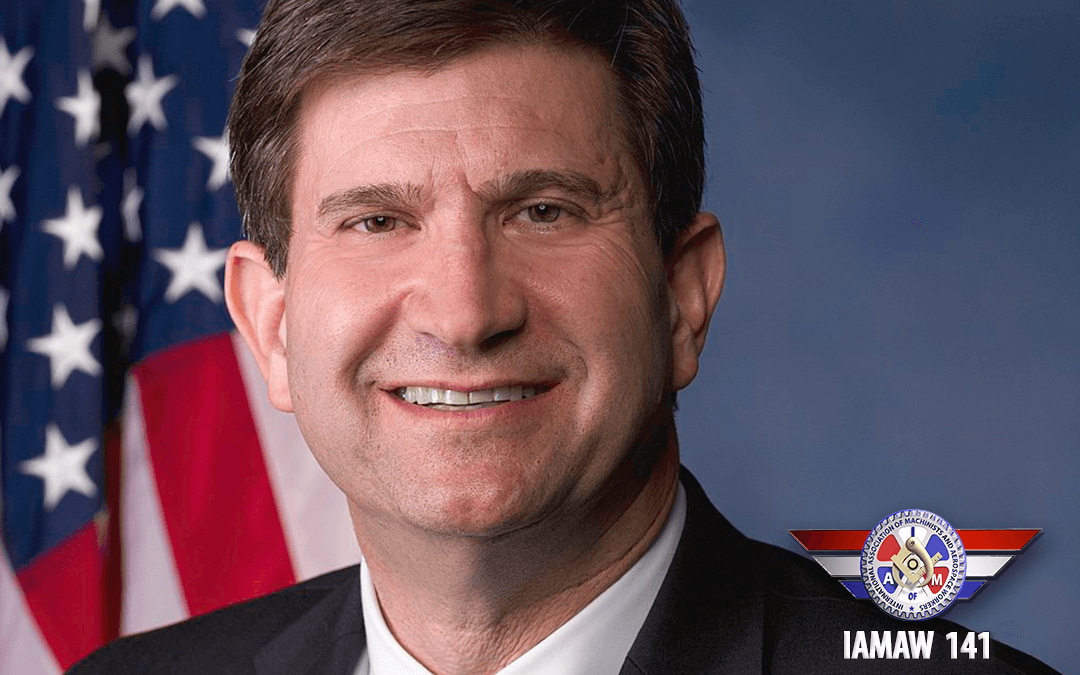
by Eric Price | Aug 31, 2020 | Community Service Page, Front Page, GOIAM Stories, MNPL, Organizing, Perusals
Celebrating 100 Years of Women’s Suffrage 100 Years ago, women first won the right to vote. In honor of the Centannial Anniversary of Suffrage Movement, the Machinists & Aerospace Union is highlighting the ongoing work of women, activists and unions to...

by Eric Price | Aug 28, 2020 | Airlines, American, Community Service Page, Featured News, Front Page, MNPL, Organizing, Perusals, Row 2, Uncategorized, United, Video
Bill Gula, Local President and Activist Brother Bill Gula began his career in 1996, as a Ramp Services Agent at Continental Airlines. Bill split his time between working on the ramp and later took on additional responsibilities as a Load Planner. He worked as a Hub...

by Eric Price | Aug 28, 2020 | Community Service Page, Front Page, GOIAM Stories, Organizing, Row 2, Uncategorized, Video
Celebrating 100 Years of Women’s Suffrage 100 Years ago, women first won the right to vote. While we’ve come a long way in our ongoing work to create a more perfect union, our work is far from finished. Good news is, we’re nowhere near finished,...

by Eric Price | Aug 27, 2020 | Airlines, Featured News, Front Page, MNPL, Organizing, Perusals, Row 2, Uncategorized
Are You A Constituent of Rep. Schneider? Lawmakers like Congressman Brad Schneider need to know that we appreciate their help. If you are represented by Congressman Schneider, please take a few minutes to tell him how his leadership helps you and your family. Send...

by Eric Price | Aug 26, 2020 | Airlines, American, COVID, Featured, Featured News, Front Page, Hawaiian, MNPL, Organizing, Philippine, Row 2, Spirit, Uncategorized, United
American Airlines announced plans to eliminate the jobs of “at least” 40,000 employees if lawmakers do not quickly renew funding for payroll support programs. The furloughs would begin within hours of the expiration of the Payroll Support Program (PSP), the section of...

by Eric Price | Aug 25, 2020 | Airlines, COVID, Featured News, Front Page, MNPL, Organizing, Row 2
The Paycheck Support Program contained in the CARES Act is set to expire on October 1, 2020. Carriers are making plans on how to deal with its loss, and the outlook doesn’t look good for airline workers. American Airlines is expected to announce thousands of...







